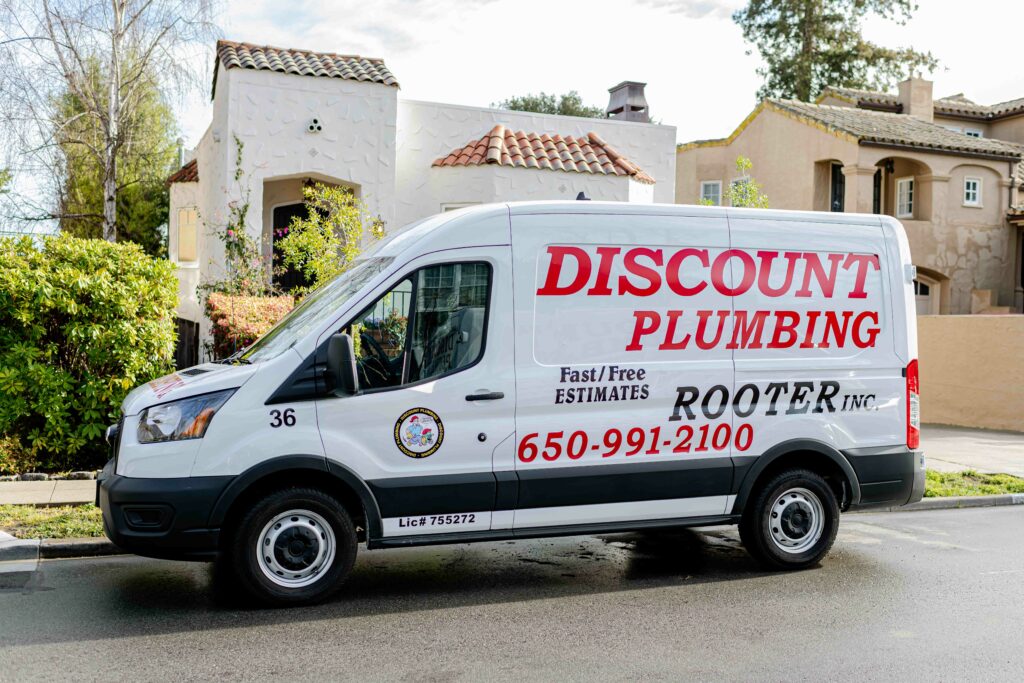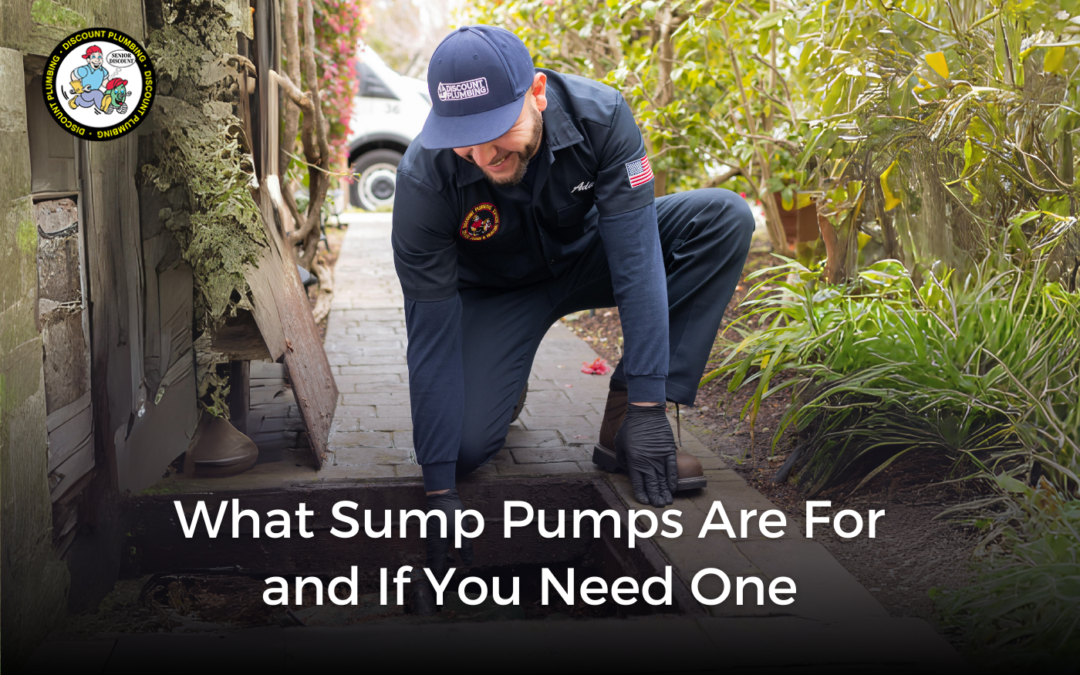Water damage can be a significant problem for homeowners. A sump pump is a device designed to remove water that has accumulated in a water-collecting sump basin, commonly found in the basements of homes. This blog post explains what sump pumps are, their purpose, and whether you need one. Let’s dive into the essentials of sump pumps without using any complex words.

What is a Sump Pump?
How Sump Pumps Work
A sump pump is a small but powerful pump installed in the lowest part of a basement or crawlspace. Its primary function is to keep the area under the building dry and prevent it from flooding. The pump is usually placed in a specially constructed sump pit. When the water level in the pit reaches a certain point, the sump pump turns on and moves the water out of the pit through pipes that lead away from your home. The water is then deposited in a dry well, storm drain, or other areas where it will not cause damage.
Types of Sump Pumps
There are two main types of sump pumps: submersible and pedestal.
- Submersible Sump Pumps: These pumps are installed below the water line in the sump pit. They are designed to operate underwater. These pumps are generally quieter and take up less space.
- Pedestal Sump Pumps: These pumps have a motor that sits above the water line and a hose that extends into the sump pit. They are easier to service and might last longer since the motor stays dry.
Why You Might Need a Sump Pump
Protecting Your Home from Flooding
If your home is prone to basement flooding, a sump pump can be a lifesaver. Homes with basements or crawl spaces are especially vulnerable during heavy rainfalls or rapid snowmelt. A sump pump helps to ensure that water does not accumulate and cause damage to your property.
Preventing Mold and Mildew
Dampness can lead to mold and mildew, which pose health risks and can damage your home’s structure. By keeping your basement dry, a sump pump can help prevent these issues, thus maintaining a healthier living environment.
Safeguarding Your Belongings
Many people use their basements for storage. Water damage can destroy valuable items, including important documents, furniture, and electronics. A sump pump helps protect these belongings by preventing water from entering the basement.
Signs You Need a Sump Pump
Past Incidents of Basement Flooding
If your basement has flooded before, it is a clear sign that you might benefit from a sump pump. Even if the flooding was a rare occurrence, it could happen again, and a sump pump provides peace of mind.
High Water Table
Homes built in areas with high water tables are at a greater risk of flooding. A high water table means that the groundwater level is close to the surface, making it easier for water to seep into your basement.
Consistent Dampness
If you notice that your basement is always damp or has a musty smell, it could be a sign of water seeping in. A sump pump can help keep your basement dry by removing any excess water.
Installing a Sump Pump
Professional Installation vs. DIY
While some homeowners may opt to install a sump pump themselves, hiring a professional ensures the system is set up correctly. A professional can also help you choose the right type of pump for your specific needs.
Maintenance and Upkeep
Regular maintenance is crucial to ensure your sump pump works when you need it most. Some routine tasks include checking the pump’s functionality, cleaning the sump pit, and ensuring the discharge pipe is clear.
Costs Associated with Sump Pumps
Initial Investment
The cost of a sump pump varies depending on the type and features. Submersible pumps tend to be more expensive than pedestal pumps. Additionally, professional installation will add to the overall cost.
Long-Term Savings
Investing in a sump pump can save you money in the long run. By preventing water damage, mold growth, and damage to personal belongings, a sump pump can reduce costly repairs and replacements.
Alternatives to Sump Pumps
French Drains
One alternative to sump pumps is the installation of French drains. A French drain is a trench filled with gravel or rock that redirects surface water and groundwater away from your home. While effective, it may not be sufficient for homes with significant water issues.
Waterproofing Your Basement
Another option is to waterproof your basement. This can involve sealing cracks in the foundation, applying waterproof coatings, and improving drainage around your home. While more expensive upfront, these measures can complement a sump pump or serve as an alternative.
Protecting Your Home from Water Damage: The Essential Guide to Sump Pumps
A sump pump is an essential tool for protecting your home from water damage. Whether you live in an area prone to flooding or just want to safeguard your belongings and the structure of your home, a sump pump can be a worthwhile investment. By understanding how sump pumps work and assessing your need for one, you can make an informed decision that protects your home for years to come.
If you’re ready to take the next step in protecting your home from water damage, Discount Plumbing San Diego is here to help. Our experts specialize in basement waterproofing and sump pump installation, keeping your home dry and secure in any weather. Contact Discount Plumbing San Diego today to affordably protect your space before the next storm.




